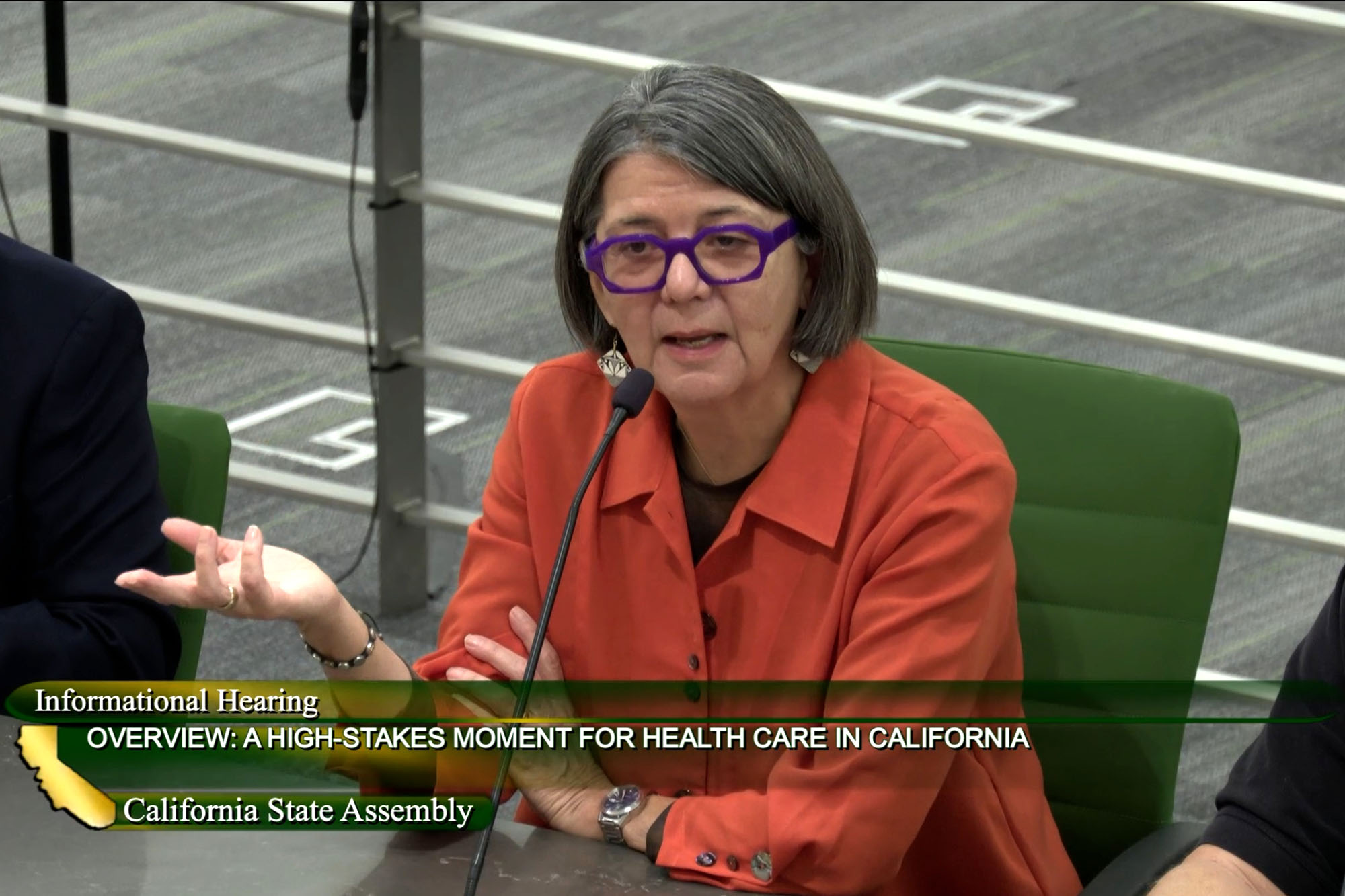Download
Key Takeaways
- Leadership Commitment and Diverse Representation Drive Success. The Medi-Cal Member Advisory Committee (MMAC) succeeded due to three critical factors: consistent participation by DHCS leadership at all meetings, diverse membership reflecting the Medi-Cal population, and human-centered design in facilitation.
- Member Engagement Creates Measurable System Improvements. MMAC members directly influenced DHCS policies and communications, particularly by transforming complex materials into plain language that all Medi-Cal members can understand. This direct engagement is shifting DHCS organizational culture toward being more member centered.
- Members Value Direct Access to Decisionmakers. MMAC participants reported high satisfaction with their experience, valuing the opportunity to directly educate DHCS leadership about system challenges. An unexpected benefit was that many members became informal ambassadors, sharing information with their communities and bringing community concerns back to DHCS, creating a valuable feedback loop between the department and Medi-Cal members.
In the fall of 2021, the California Department of Health Care Services (DHCS) established the Medi-Cal Member Advisory Committee (MMAC), the first-ever mechanism for a diverse group of Medi-Cal members to directly engage with and provide feedback on Medi-Cal programs, policies, and practices. The MMAC officially launched in May 2023 after a yearlong design phase by a planning team consisting of DHCS, funders, an external consultant, and a consumer advocacy group.
Bright Research Group evaluated the value, experience, and impact of the MMAC through December 2024.
Key Findings
What was needed to implement the MMAC?
Three facilitating factors led to the successful launch of the MMAC: (1) championship of the MMAC by DHCS leadership, (2) external philanthropic investment, and (3) strong collaboration and values alignment within the planning team. The engagement of a third-party consultant, Everyday Impact Consultants, helped operationalize the MMAC and increased the capacity of DHCS to authentically engage members.
What has been the influence of the MMAC on DHCS?
DHCS staff and leaders are shifting the culture and practice of the agency to be more member centered. MMAC members have provided valuable feedback on member-facing communication materials. Through their input, DHCS has more insight into how to develop member-facing materials that are written in plain language, easy to understand, and easy to act upon by Medi-Cal members.
What is the experience and value of the MMAC for members?
Members reported feeling heard, welcomed, and respected. Members were proud of their ability to directly educate and influence DHCS leadership to improve the Medi-Cal system for themselves and others. An unexpected ripple effect of the MMAC is that some members took on an advocate-ambassador role, formally and informally, by bringing information to their own community and relaying community challenges back to DHCS.
What are the strengths of the MMAC? How can the MMAC be strengthened to meet its objectives and influence DHCS?
Three key elements contributed to the effectiveness of the MMAC: (1) the participation of DHCS leadership at all meetings; (2) the diversity of MMAC members, which reflects the Medi-Cal member population; and (3) the human-centered design and facilitation of the MMAC. Suggestions for improvement included encouraging DHCS to improve transparency and to consistently close the feedback loop.
The MMAC will transition to a Beneficiary Advisory Council under the US Centers for Medicare & Medicaid Services’ “Ensuring Access to Medicaid Services” rule. For this transition to be successful, DHCS should maintain the integrity of the MMAC design and the three components that enabled MMAC members to influence the policies and practices of DHCS.
In addition, the design of the MMAC should be shared with other Medicaid system actors so that Medicaid members can strengthen Medicaid health care delivery systems across the nation.
Authors & Contributors
Alice Hu-Nguyen
Bright Research Group





